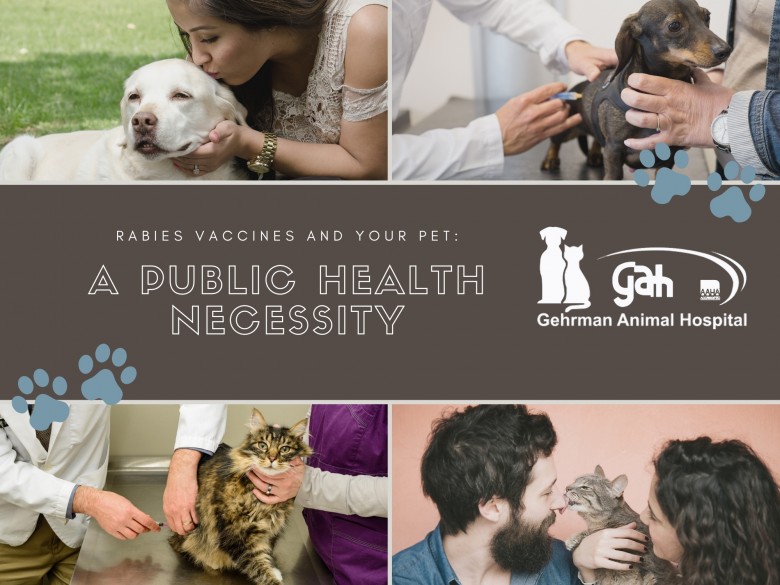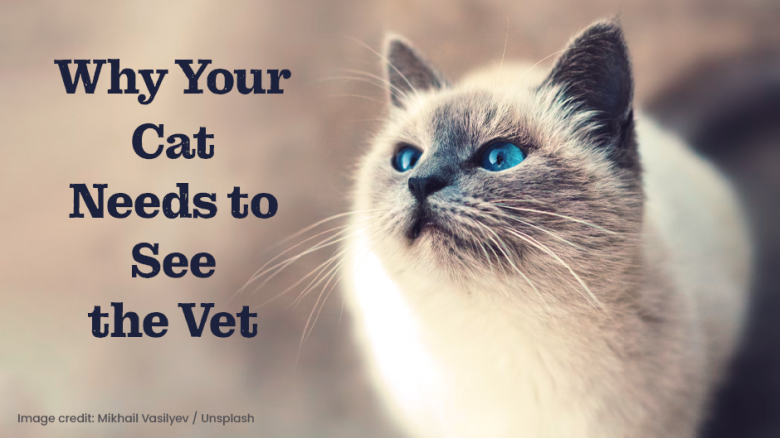In the News
Veterinary Technicians: The Definition of a Superhero
Veterinary technicians are the backbone of our clinic! The month of October is host to National Veterinary Technician Appreciation Week (October 11-17, 2020), and we wanted to take the opportunity to celebrate our technicians all month long by writing our blog post about the vital role they play in keeping our clinic running smoothly.
Rabies Vaccines and Your Pet: A Public Health Necessity
When most of us hear the word RABIES, our minds typically go to images of crazed raccoons, developing countries with massive amounts of strays, or to that scene that we won’t mention in Old Yeller. The word itself sounds dreadful, and it elicits a high level of fear and panic in most people. But the truth about rabies is we don’t really need to be so worried about it here in the US because we have access to high quality and effective vaccines for our pets. The only way rabies can spread out of control as it does in developing countries, is if we as pet owners do not step up and vaccinate our pets on time and though a qualified veterinarian.







